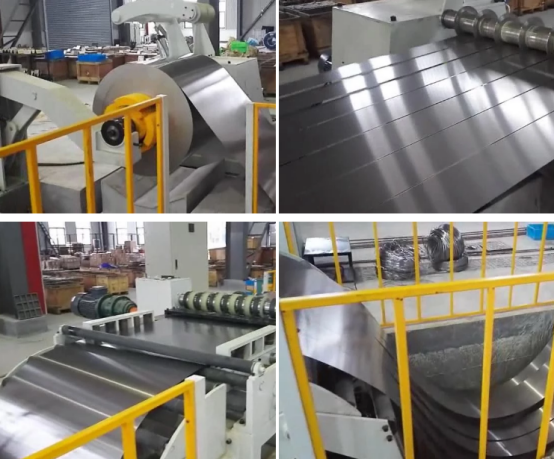
The Evolution and Significance of Tile Forming Machines
In the modern construction industry, efficiency and precision are paramount. Among the various tools and machinery that have revolutionized building practices, tile forming machines stand out as essential equipment for producing tiles used in various applications, from flooring to roofing. Understanding the significance and technology behind tile forming machines can provide valuable insights into their role within the industry.
What is a Tile Forming Machine?
A tile forming machine is a specialized piece of equipment designed to produce tiles from raw materials such as clay, concrete, or even metal. These machines work through a series of processes that include mixing the raw materials, molding them into a desired shape, and then curing or drying them to achieve the necessary hardness and durability. The versatility of tile forming machines allows manufacturers to create a wide range of tile types, including ceramic tiles, concrete tiles, and interlocking pavers.
Technological Advancements
Over the years, tile forming machines have evolved significantly due to advancements in technology. Modern machines are equipped with automated systems that enhance efficiency, reduce labor costs, and improve the consistency of the product. The incorporation of computer numerical control (CNC) technology has allowed for precise control over the shaping and cutting processes, resulting in high-quality tiles that meet strict industry standards.
Furthermore, the introduction of advanced materials and production techniques has made it possible to create eco-friendly tiles that are designed to reduce environmental impact. For instance, some manufacturers now use recycled materials in their tile production, contributing to sustainable construction practices.
The Importance of Tile Forming Machines in Construction

Tile forming machines play a crucial role in the construction industry for several reasons. Firstly, they enable mass production, meeting the high demand for tiles in various construction projects. Whether it's a residential building, a commercial space, or an infrastructure project, the ability to produce tiles quickly and efficiently can significantly shorten construction timelines.
Secondly, the use of advanced tile forming machines ensures that the tiles are of high quality and uniform in size and shape. This consistency is vital for both aesthetic and functional reasons, as it affects the overall look and durability of the finished surface. High-quality tiles can withstand wear and tear, making them a long-lasting choice for builders and homeowners alike.
Moreover, modern tile forming machines can quickly adapt to various design requirements, allowing manufacturers to respond to current trends in tile aesthetics. As design preferences shift towards more intricate patterns and textures, the adaptability of these machines becomes increasingly important for staying competitive in the market.
Challenges and Future Prospects
Despite the numerous advantages tile forming machines offer, the industry faces challenges. The need for skilled operators who can handle advanced machinery and troubleshoot issues is paramount. Additionally, the ever-increasing demand for eco-friendly products necessitates ongoing research and development in sustainable production methods.
Looking ahead, the future of tile forming machines appears promising. As technology continues to progress, we can expect innovations that will enhance efficiency, reduce waste, and open up new possibilities for tile design. Furthermore, the integration of artificial intelligence and machine learning could streamline operations, enabling manufacturers to predict trends and adjust production accordingly.
Conclusion
In conclusion, tile forming machines are an integral part of the construction industry, significantly impacting how tiles are produced and utilized. With advancements in technology and a growing emphasis on sustainability, these machines will continue to evolve, paving the way for more efficient, high-quality, and environmentally friendly tile production. As construction practices evolve, tile forming machines will undoubtedly remain at the forefront, shaping the buildings of tomorrow.